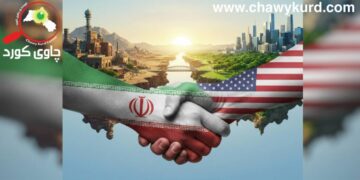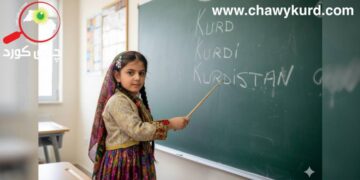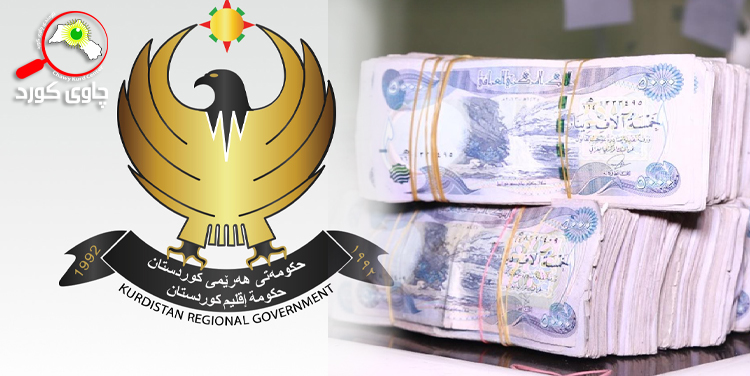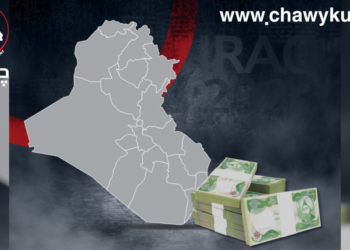Baghdad has sent 3.298 trillion dinars to the Kurdistan Region since the beginning of this year. It is expected to lend another 1.4 trillion dinars this month and next month. It was agreed that the KRG should have a planned budget for expenditures, because expenditures without a budget would create “big problems” and affect employees.
“Economic System in Iraq and Kurdistan Region”
From the beginning of history, there have been conflicts between civilizations, each of which has tried to impose itself and dominate the other. The economic system has been one of the main points of these civilizational problems. As it has been obvious that after the liberation process, the Iraqi economy has faced many problems, so that according to reports and evidence, corruption in Iraq was billions of dollars due to the political and financial conflict that existed. Economy and politics are two sides of the same coin. Economy is an important aspect of life. Economic aspect caused to most political changes and domestic and international wars and chaos. There are many factors that affect the economy and disrupt economic stability, so the economy is constantly in trouble. A successful administration is one that can develop programs and plans that work for economic stability.
In recent human history, two important economic systems have played their role. Economic life should be organized on the basis of the Participatory system and the capitalist system.
Participatory system: The government participates directly in economic activities and does not care about the private sector. Everyone should work for the government in the public sector and earn according to their needs.
Capitalist system: Called the market economy or free economy, or free market. According to this system, economic destiny is given to the private sector and the role of the government is to create a favorable environment to support the private sector.
“Financial Policy in the Kurdistan Region”
According to the Iraqi budget law, the Kurdistan Region’s share of the 199 trillion dinars is estimated at more than 16 trillion dinars per year. The total revenue of the Kurdistan Region from oil sales, production, exports and domestic sales from January1st, 2023 to March 25, 2023, until the date that ICC Court of Arbitration to suspend the export of oil from the Kurdistan Region was (2,179,328,000) USD which equivalent to (2,935, 935,072,500) dinars.
According to the Minister of Finance, 1 trillion 335 billion 788 million 501 thousand 50 dinars have been spent on part of the expenses of paying the salaries of employees and salaried workers in the Kurdistan Region. The remaining amount, 1 trillion 600 billion 146 million 571 thousand 450 dinars, was spent on production costs, transportation through pipelines and companies’ entitlements.
Fiscal policy, like any other policy in Iraq and the Kurdistan Region, has been overwhelmed by two problems: First, the unconsidered decisions of politicians. Second, the isolation of Iraq’s revenue from oil revenues. Iraq’s budget shortfall is structural due to fiscal imbalances resulting from high public spending on average that exceeds the country’s economic capacity. Economic policy can play a major role in directing economic income by using its tools, but the success of fiscal policy depends on how policy is formulated and how the system is reviewed and guidelines and transparency.





























































